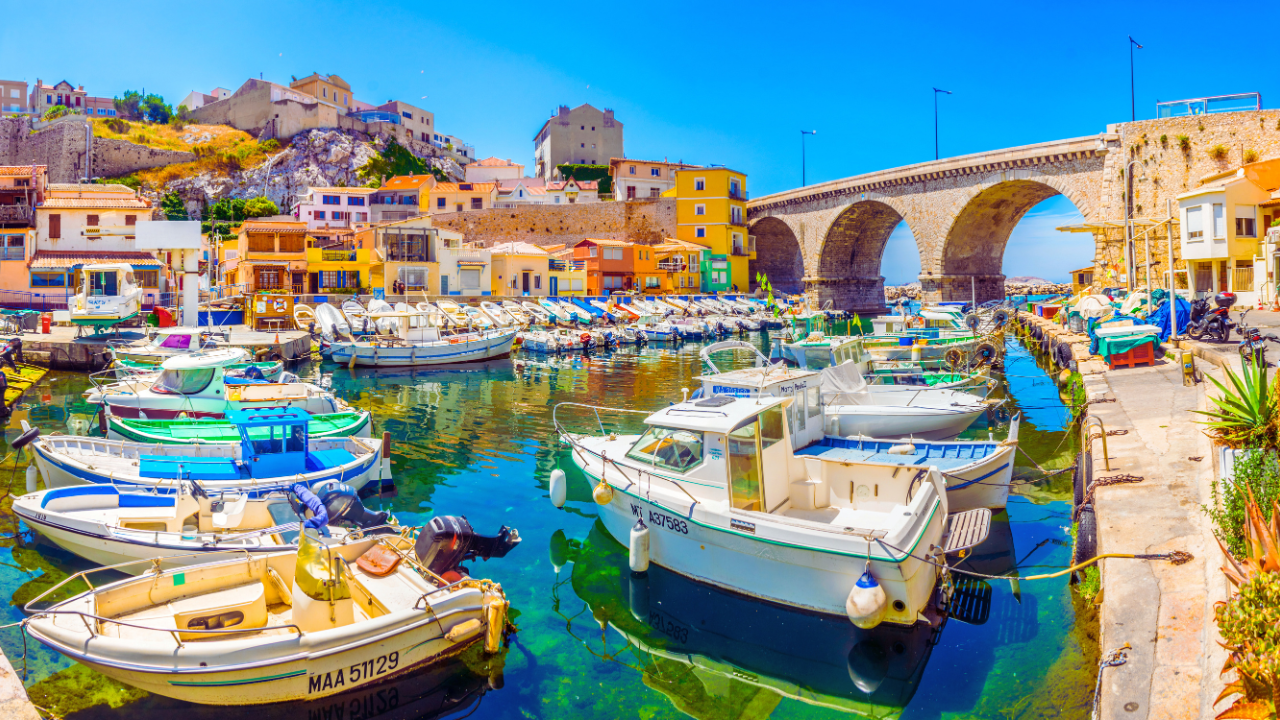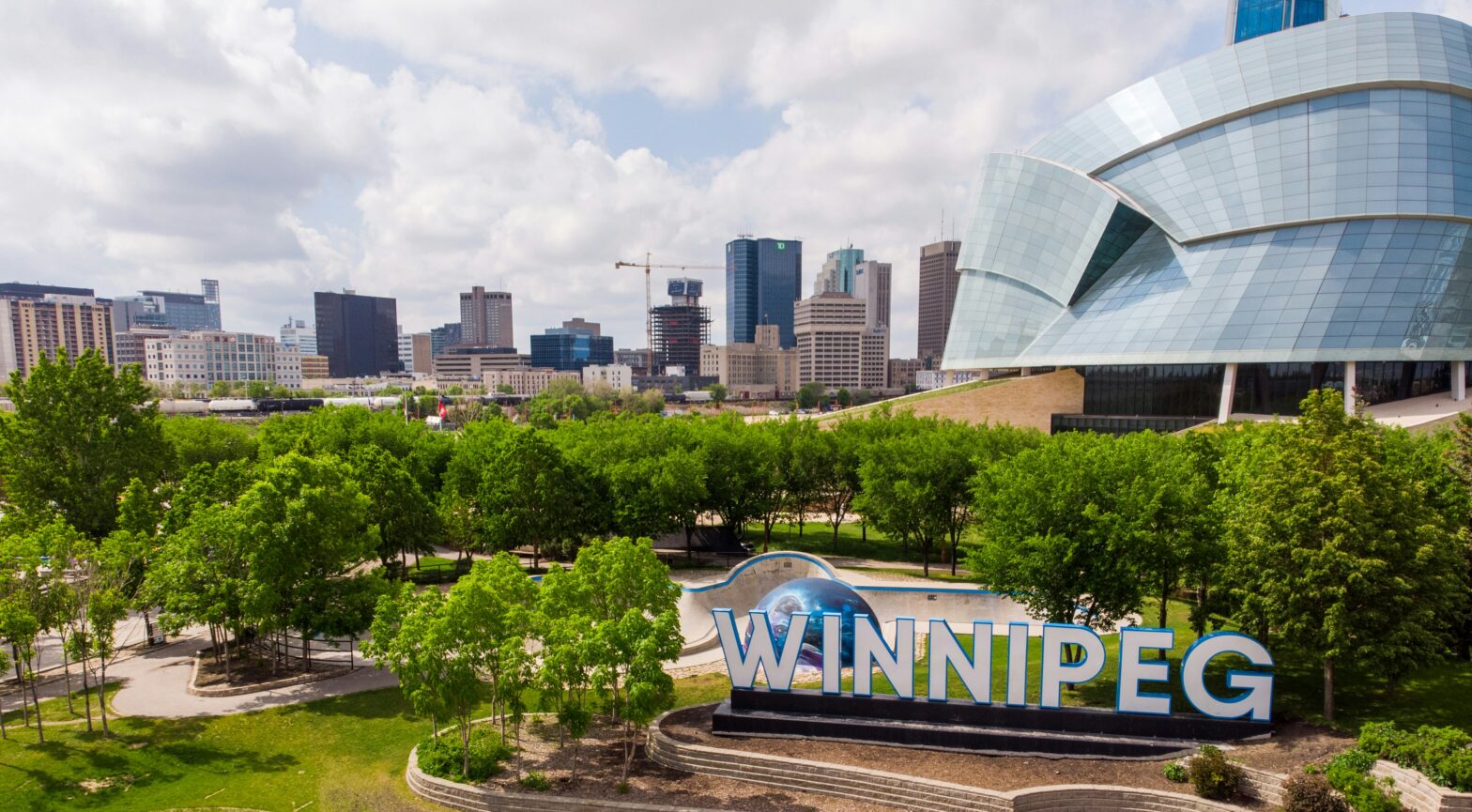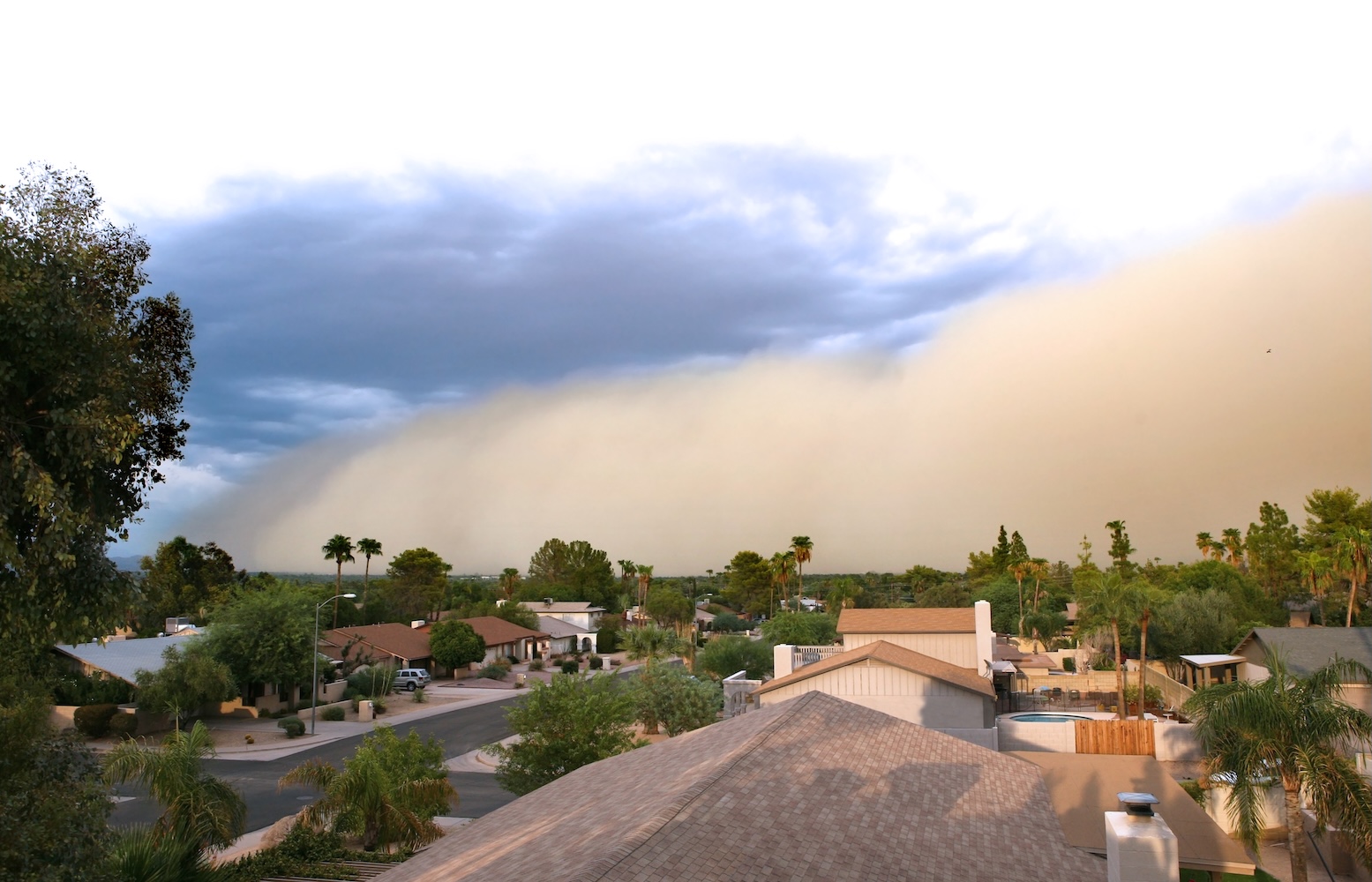The Global Leadership Academy Charter Schools in West Philadelphia is breaking the mold. By going beyond a classroom’s confined corners, the school is taking learning to an extraordinary level—globally. Recently, more than 50 students from the academy have had the opportunity to immerse themselves in the history and culture of the Bahamas. This extended their understanding far beyond their textbooks.
Dr. Naomi Johnson Booker, the school’s founder and CEO, has made it her mission to prepare students not just academically but as future leaders of the world by sharing the world with them. This approach has led them to travel from China to Kenya, East Africa, and the Bahamas. Each destination is specifically chosen to enrich the students’ knowledge and worldviews.
The Trip to the Bahamas

The latest educational voyage to the Bahamas was particularly significant. The eighth graders went deep into the history of the Transatlantic Slave Trade, a chapter of history often glossed over in conventional curricula. The Bahamas offered a repository of artifacts that brought the experiences of enslaved Africans to life. It also provided a visceral learning experience that no classroom lecture could parallel.
These students, most of whom live within a ten-block radius of their schools and have limited exposure to the world beyond, found themselves a thousand miles away on a transformative journey. For many, this was an opportunity to trace the steps of their ancestors. Krystian Massiah-Clark, an eighth grader, noted the striking differences between the lives of enslaved people in the Bahamas and those in America. “They were able to buy land, they were able to sell their food. They were able to grow their own food,” said Krystian Massiah-Clark, speaking to 6abc.
The students were astonished by the ability to buy land and grow their own food, demonstrating that the narrative of slavery is not monolithic but varied across different regions. Furthermore, the school’s program is not just about history lessons. It’s also about breaking barriers and building confidence in students, most of whom live in poverty. School trips are tied to the curriculum. Each grade goes on different experiences related to their studies.
Bridging the Educational and Social Gap For Students
Dr. Booker emphasizes that these trips bridge an “exposure gap” between these students and their more advantaged peers. These trips have taken students to several locations, from civil rights movement sites in Alabama to the Underground Railroad in Canada. Despite the school’s academic struggles, with low proficiency rates in math, the overwhelming demand for enrollment—3,500 applications for 700 spots—speaks volumes about the unique value parents and students place on this education model.
These experiences are there to educate and empower students to expand their horizons and aspire for a future without limitations. The impact of such trips is manifold. Some students have been motivated to pursue higher education, while others have initiated community service projects. The lessons learned and confidence gained from these global experiences have the potential to shape these young minds in ways that traditional schooling may not.





